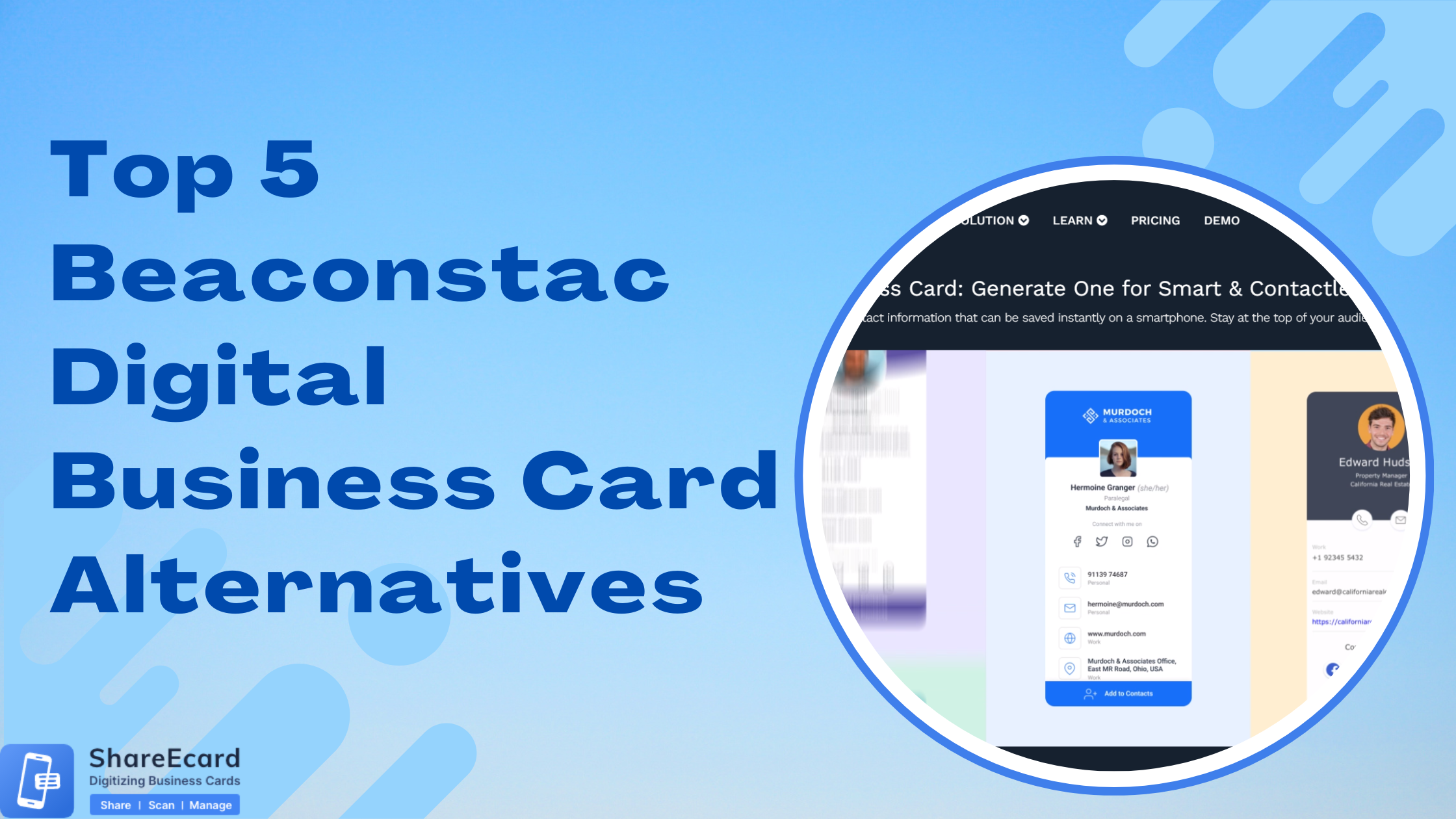10 Best Objection Handling Skills For Sales

-
Handling Sales Objections is one of the most complicated tasks that sales reps face. No matter what stage of the sales cycle you are in, from the first prospecting sales call to the final call, your team should know how to handle all these objections.
-
What is Objection Handling in Sales?
Objection handling in sales refers to addressing and overcoming objections or concerns that potential customers may have about a product or service. It is a critical component of the sales process because objections often stand in the way of a sale.
Objections can come in many forms: price, features, quality, trust, competition, timing, or simply a lack of interest. Sales professionals need to understand potential customers' objections and develop strategies to address them effectively.
The objection handling process typically involves active listening, empathizing with the customer's concerns, asking probing questions to uncover the root cause of the objection, and then offering solutions that address the specific problem. By effectively handling complaints, sales professionals can build trust with potential customers, increase their confidence in the product or service, and ultimately increase the likelihood of closing a sale.
-
Objection Handling Skills For Sales
Sales professionals need to be very active and concerned about addressing objections that can arise between sales. Here are some essential skills that sales professionals can use to close deals.
1. Be an Active Listener
To build trust among your customers, it is essential for them to feel that you are listening to their concerns. An authentic connection between prospects will lead to an optimal outcome for both parties.
Digital business cards can also be used to address objections related to credibility or trust. For example, sales professionals could include links to their professional profiles, such as LinkedIn or Twitter, to demonstrate their expertise and industry knowledge.
2. Show Empathy
Empathy is a powerful tool for solving objections in sales. Empathy involves understanding and relating to the emotions and experiences of others.
In sales, demonstrating empathy can help build trust with potential customers, show that you understand their perspective, and ultimately increase your chances of closing the deal. Here are some tips for using empathy to solve objections in sales.
3. Identify the actual concern
Identifying the genuine concern behind an objection is a critical step in effectively handling complaints in sales.
Often, objections are the only reason a potential customer hesitates to purchase. Use open-ended questions to encourage potential customers to share more information about their concerns.
Once you have identified the objection, probe deeper to understand if any underlying concerns or fears contribute to the complaint.
4. Positive Attitude
Maintaining a positive attitude when handling objections in sales is crucial to the success of the sales process. A positive attitude helps salespeople stay confident and focused, which can help them find solutions to objections and build better relationships with potential customers.
One way to maintain a positive attitude when handling objections is to listen actively to the customer's concerns and acknowledge them.
5. Resilience
Resilience helps salespeople stay optimistic, even in the face of objections. By finding solutions to complaints rather than dwelling on the negative, salespeople can maintain their energy and enthusiasm for the sales process.
Sales objections can be frustrating and demotivating, but resilient salespeople have the perseverance to keep pushing forward.
6. Adaptability
Adaptability is essential for handling objections in sales because customers can have different complaints and preferences, and sales situations can vary widely.
Adaptable salespeople can adjust their approach to meet the needs of each customer and find solutions to objections more effectively.
7. Confidence
Maintaining a confident and assertive tone can help you be credible and trustworthy and increase the customer's confidence in the product or service.
Salespeople should have some confidence in their tone, which assures the customer that you are working for them and providing a definite solution to their concerns.
8. Offering Alternatives
Providing alternative options or solutions that address the customer's concerns can help them see the product's or service's value and increase the chances of closing the sale.
A better understanding of a specific product can help them make purchase decisions, and it could be possible when you offer them better alternatives.
9. Reframe Price Objections
Reframing price objections is an effective way to handle objections in sales. Instead of focusing on the price, sales professionals can reframe the objection by highlighting the product or service's value.
Instead of focusing on the price, focus on the product or service's benefits. Explain how it can save customers time and money or improve their lives.
If the customer is still hesitant about the price, offer payment plans that allow them to spread out payments over time. In addition, try to create a sense of urgency by providing limited-time discounts or promotions that incentivize the customer to decide.
10. Follow-up
Following up with the customer after addressing their objections, and checking in to ensure their needs are met, can help build long-term relationships and increase the likelihood of repeat business.
So, always remember to follow-up after addressing their concern. Building a relationship with customers can give you benefits exponentially.
-
Conclusion
In conclusion, objection handling is a crucial component of the sales process, and sales professionals must develop effective strategies to address objections and close sales successfully.
By actively listening, showing empathy, identifying genuine concern, maintaining a positive attitude, being resilient and adaptable, having confidence, offering alternatives, reframing price objections, and following up, sales professionals can build trust with potential customers, find solutions to complaints, and increase the likelihood of closing a sale.
These skills help close the deal and build long-term relationships with customers, leading to repeat business and increased customer loyalty.
















































































